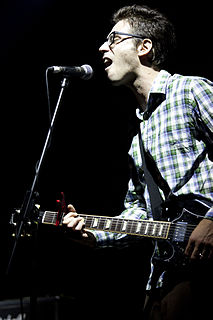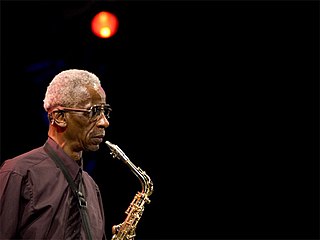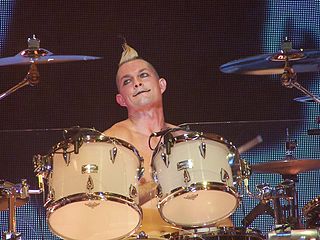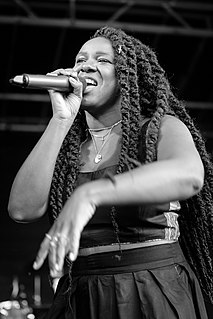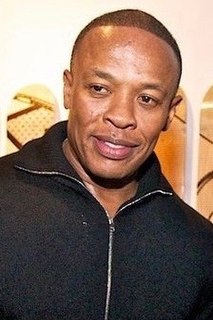A Quote by Chris Thile
There's a lot of steps between there not being music and there being music. Composition is one part of that, but if no one performs it... It's like if a tree falls in the forest and no one's there to hear it, does it make a sound?
Related Quotes
Lik the tree falling in the forest," says Ira. "Huh?" "You know, the old question - if a tree falls in a forest and no one's there to hear it, does it really make a sound?" Howie considers this. "Is it a pine forest, or oak?" "What's the difference?" "Oak is a much denser wood; it's more likely to be heard by someone on the freeway next to the forest where no one is.
Guys like Future and me, we help create and shape the sound of music - not just Atlanta music, but music all over. If you really pay attention to the music being made, a lot of that is very heavily influenced by the stuff that we created. I listen to so many songs that's like, 'Damn, this sounds like my music!'
One of the recurring philosophical questions is: 'Does a falling tree in the forest make a sound when there is no one to hear?' Which says something about the nature of philosophers , because there is always someone in a forest. It may only be a badger, wondering what that cracking noise was, or a squirrel a bit puzzled by all the scenery going upwards, but someone.
I'm not sure I'm going to be that type of artist but I do love cultural icons. Like Solange has been really great at that. Releasing her album end of last year and being really strong in their sound, bands like Little Dragon, artists like James Blake. You know their music when you hear them. They have a really particular sound and it's really cultural and people copy that sound. You hear it in other songs and you're like 'That's a James Blake tune'.
We never look deeply into the quality of a tree; we never really touch it, feel its solidity, its rough bark, and hear the sound that is part of the tree. Not the sound of wind through the leaves, not the breeze of a morning that flutters the leaves, but its own sound, the sound of the trunk and the silent sound of the roots.
Corliss wondered what happens to a book that sits unread on a library shelf for thirty years. Can a book rightfully be called a book if it never gets read? If a tree falls in a forest and gets pulped to make paper for a book that never gets read, but there's nobody there to read it, does it make a sound?






